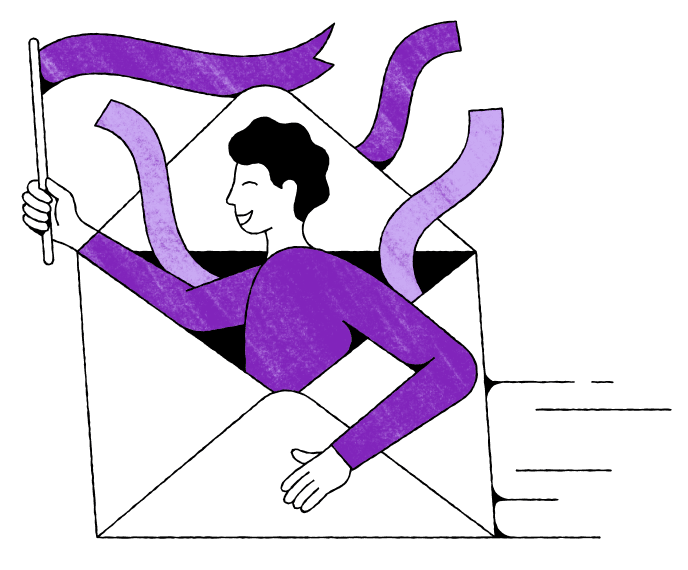Last month, the Supreme Court made one of the most polarizing decisions in recent SCOTUS history to overturn a ruling on a famous 1973 lawsuit, Roe v. Wade. Where did this decision come from? What’s the history of Roe v. Wade? What will be the impact of this decision? Let’s break down everything you need to know about the landmark decision.
What happened in Roe v. Wade?
Roe v. Wade led SCOTUS to decide on important regulations regarding abortion. Before the lawsuit, abortions were only legal if the pregnancy jeopardized the woman’s life.
Jane Roe was an unmarried pregnant woman who filed suit to challenge the abortion laws in Texas. A Texas doctor who had previously been arrested for violating abortion laws of that time also joined the case, arguing the state’s abortion laws were unclear and too vague for doctors to follow.
The Supreme Court ultimately decided two things from the case:
- The U.S. Constitution provides a “right to privacy” that protects a person’s right to choose whether or not to have an abortion.
- The abortion right is not absolute and must be balanced against the government’s interests of protecting health and prenatal life.
What made the Supreme Court overturn this decision?
The decision came with another pivotal case, Dobbs v. Jackson Women’s Health Organization, where the court ruled to uphold a Mississippi law that bans abortion after 15 weeks of pregnancy. The decision made in this case overturned the half-century precedent set in Roe v. Wade.
Ultimately, the court’s majority opinion was that the Constitution doesn’t expressly protect the right to abortion, and the authority to regulate abortion is now returned to the states. This impacts several state laws regarding abortion, leading millions of Americans to gather in the streets to protest the decision.
4 outcomes we know so far from the Dobbs v. Jackson Women’s Health Organization ruling
A lot of news is circulating around this decision, and more updates are coming out daily. While this is an ongoing event, here are 4 things we know of for sure so far.
1. The ruling gives states the right to ban abortion.
Under Roe v. Wade, the right to abortion was previously federally protected and left the choice up to the individual and medical facility to decide. Now, it’s in the hands of the states, which means the state you live in could decide to ban abortion or adjust their laws around it.
2. Many states are primed to restrict abortion laws.
Several states are primed to restrict or ban abortion.
As the states make more laws, expect more headlines in your newsfeed regarding where states stand on abortion rights.
3. Medicated abortion will also be left for the states to decide on.
Another consideration is where states will land on medicated abortion. Medicated abortion typically uses two drugs and doesn’t require surgery.
4. There are currently no bans that restrict women from traveling to another state to seek care.
According to Justice Brett Kavanaugh, states can’t prevent residents from traveling out of state to seek an abortion because people have the right to interstate travel.
If you have a legal issue regarding abortion, contact a provider lawyer
This is a monumental ruling, and the updates from this case are swarming the news cycle. There are still so many questions about how this will re-shape America, and how individual states will be affected. With laws differing based on your location, you may have questions like “what’s considered legal and illegal?” and “do I legally have to inform the father?”. The best thing to do is to ask a lawyer who is familiar with your state’s laws and can help you navigate these questions.
Pre-Paid Legal Services, Inc. (“PPLSI”) provides access to legal services offered by a network of provider law firms to LegalShield Members through member-based participation. Neither PPLSI nor its officers, employees or sales associates directly or indirectly provide legal services, representation or advice. See a plan contract at legalshield.com for specific state of residence for complete terms, coverage, amounts and conditions. This is not intended to be legal or medical advice. Please contact a medical professional for medical advice or assistance and an attorney for legal advice or assistance.











